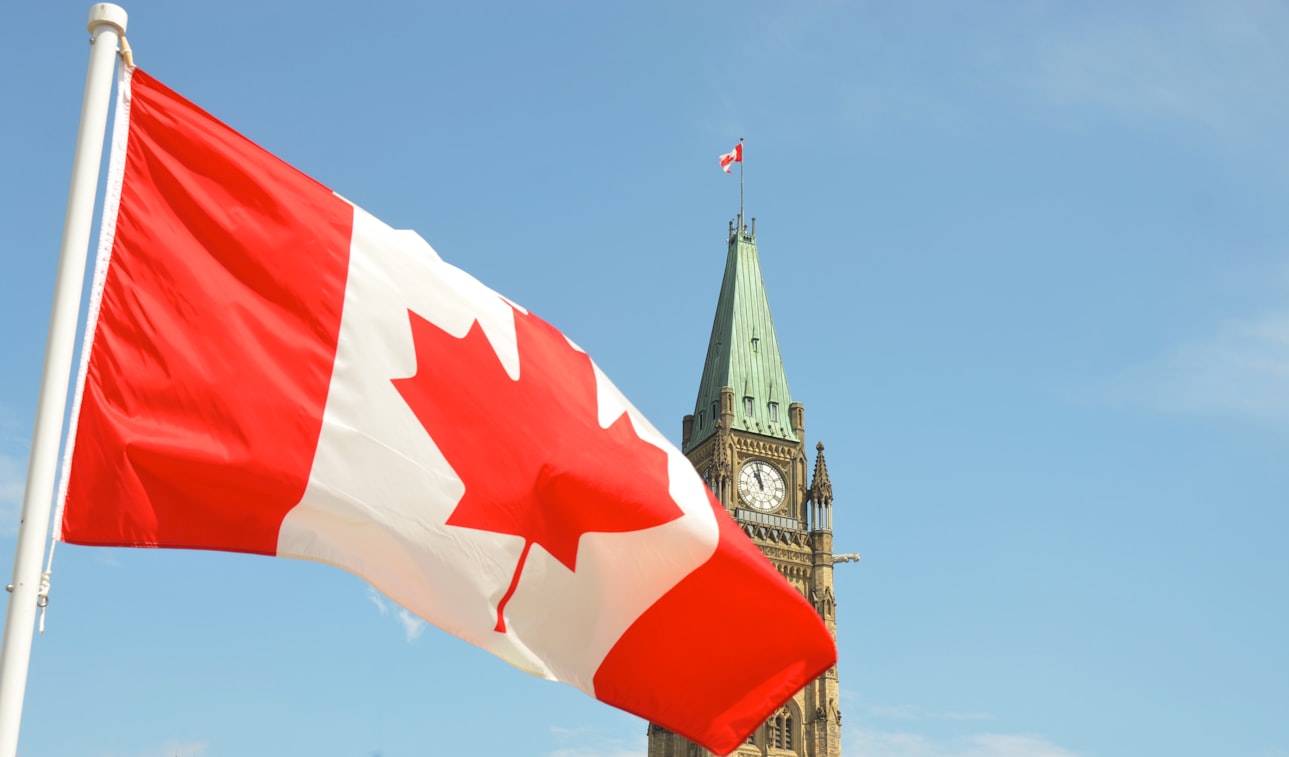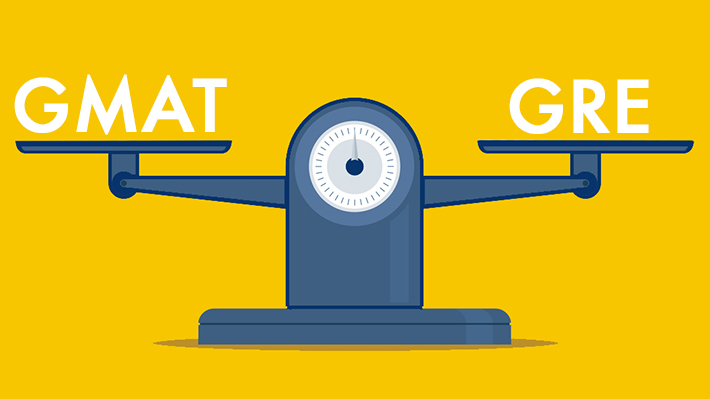Cost Of Living In Canada For Indian Students In 2024
In the global education landscape, Canada stands out as an attractive destination for many Indian students due to its academic excellence and cultural vibrancy. However, as students transition from aspirations to reality, it becomes crucial to grasp the hint of the cost of living. This blog aims to guide students through the financial landscape, offering insights into sustaining a student life in Canada.
Key components:
1. Accommodations:
Choosing your living space in Canada is like picking a comfortable corner. You’ll find options like lodging house, shared apartments, or homestays. Each choice has its charm, appealing to various student preferences and budgets. For instance,
2. Food and Groceries:
Exploring Canadian food on a budget is a delightful journey. You can enjoy the rich dietary offerings without breaking the bank. This section guides you through affordable and delicious options, whether it’s local markets or budget-friendly eateries, ensuring both your taste buds and your wallet are satisfied.
Some common grocery store in Canada are;
- Loblaws
- Walmart
- Sobeys
- Costco
- Metro
The average monthly International Student food expenseses in Canada and other costs may cost around 200-600 CAD per month. For instance, the breakfast, lunch, or dinner cost of restaurant meals in Canada is between CAD 10 to CAD 15 per person.
3. Transportation:
Getting around in Canada offers diverse choices Like public transport, biking, or walking. Each option comes with its own costs. This blog look into the details of transportation expenses, offering insights into affordable commuting options. It helps students navigate the great Canadian landscapes without stretching their budgets.
For International student in Canada, widely used transportation options.
- Train Travel:
- Bus Travel:
- Bike travel:
- Car travel:
Taking the train is a convenient and budget- friendly choice for International students in Canada. It offers a hassle-free mode of transportation. Average cost of train travel is from$2.50 to $3.50 per ride, depending on the city
Buses stand out as the most popular and economical way for International students to travel across Canada. They provide a widely accessible and cost-effective means of transportation. Average cost of bus travel is from$2.50 to $3.50 per ride, depending on the city
More budget-friendly and time-saving choice, bikes are available starting from CAD$175. Additionally, Canada provides e-bikes for commuting, enhancing the convenience and speed of travel.
If an individual has G2 license, renting a car is an option for efficient transportation, though it comes with a higher cost. Numerous online groups offer such services.
4. Healthcare:
Ensuring well-being in Canada goes beyond borders, and the healthcare system is known for its accessibility. However, for international students, understanding health insurance options and provides practical tips for maintaining both physical and financial well-being.
● Prescription Medications:
Costs can vary widely, ranging from a few dollars per prescription. Many individuals have private insurance to help with these costs.
● Dental care:
Routine dental services can range from $100 to $300 for cleanings and check-ups. More extensive procedures, such as filings or extractions, may cost several hundred dollars.
● Vision care:
Eye exams can cost between $50 and $100. Prescription eyeglasses or contact lenses may range from $100 to $500 or more.
● Paramedical Services:
Physiotherapy sessions can range from $50 to $100 or more per session. Costs for chiropractic care and massage therapy may have similar ranges.
● Travel Insurance:
Travel insurance costs depend on factors like the duration of travel, age, and coverage limits. On average, it can range from $20 to $100 or more for a short trip.
5. Leisure and Entertainment:
Beyond Textbooks: Canada is not just about academics; It’s about experiences. This part of the blog explores cost-effective ways to enjoy cultural events, outdoor adventures, and the Canadian social scene, proving that entertainment need not be a luxury.
The average cost range of leisure and entertainment in Canada can vary depending on the specific activity, location, and individual preferences. However, here is some general estimates for common leisure and entertainment expenses:
1. Movie Tickets:
Range: $12 to $20 per ticket
2. Concerts and live Performances:
Range: $30 to $150 or more per ticket
3. Theme Parks or Amusement Parks:
Range: $40 to $80 or more per ticket
4. Museum or Art Gallery Admission:
Range: $10 to $30 or more per ticket
5. Outdoor Activities (e.g., hiking, skiing):
Range: Varies widely, from free to $100 or more depending on the activity
6. Dining Out:
Range: $15 to $50 per person for a mid-range restaurant
7. Sport Events:
Range: $30 to $200 or more per ticket
8. Gaming (e.g., video games, board games):
Range: Varies widely, from free to the cost of gaming equipment
9. Cultural Events and Festivals:
Range: Free to $50 or more depending on the event

Seeking Direction?
Allow Us To Assist You.
6. Education Expenses:
Investing in Knowledge: Beyond tuition, there are additional educational expenses such as textbooks, supplies, and mandatory fees. This section unravels the layers of academic expenditures, offering strategies to manage costs without compromising on the quality of education.
The cost of education in Canada can vary widely depending on the level of education (e.g., undergraduate, graduate), the type of institution (e.g., university, college), the specific program or course of study, and the province or territory. Additionally, internationally students may have different fee structures than Canadian resident
1. Undergraduate programs:
· Tuition: $7,000 to $30,000 per year (varies by program and institution)
· Additional costs: Textbooks, housing, and living expenses can range from $10,000 to $20,000 per year.
2. Graduate programs:
· Tuition: $7,000 to $35,000 per year (varies by program and institution)
· Additional costs: Textbooks, housing, and living expenses can range rom $10,000 to $20,000 per year.
3. Professional Programs (e.g., Law, medicine):
· Tuition: can range from $10,000 to $50,000 or more per year, depending on the program and institution.
4. International Student Fees:
· International students often have higher tuition fees than Canadian residents. Fees can range widely, from $15,000 to $40,000 or more per year, depending on the program and institution.
7. Communication costs:
Remaining connected while in a foreign country is essential.Globedwise is in partnership with FIDO and Rogers to provide long distance communication to students with their family and closed ones who lives over seven seas from them
Some exclusive plans are;
- 1. Rogers- 5G - $45 + Tax - 60GB Data + Unlimited Canada-wide Calling & Unlimited International Texts + 1,000 International Long Distance calls from Canada to INDIA, Bangladesh, China (including Hong Kong), Mexico and UK.
- 2. FIDO- $35 + Tax - 50GB Data + Unlimited Canada-wide Calling & Unlimited International Texts + 1,000 International Long Distance calls from Canada to INDIA, Bangladesh, China (including Hong Kong), Mexico and UK
8. Part-time Employment:
Maintaining a balance between academics and earnings is common among students managing living expenses. This blog segment explores the regulations, opportunities, and the delicate balance between work and studies. It ensures a smooth integration into the Canadian workforce, offering insights into managing both academic and professional aspects effectively. Overview of the average hourly wage for part- time employment in Canada:
1. Minimum wage:
Minimum wage rates vary by province and territory in Canada. As of my last update, the minimum wage ranged from around $11.06 to $15.20 per hour. However, several provinces regularly adjust their minimum wage rates, so it’s essential to check the latest rates in the specific province or territory where an individual is working
2. Average Part-Time Wages:
Part -time wages can vary widely based on the industry and job role. On average, part time wages may range from $12 to $20 per hour or more, depending on the nature of the work and the region.
3. Skilled or specialized roles:
Part-time positions in skilled or specialized fields may command higher hourly rates. Wages for these roles can vary significantly but may range from $20 to $40 per hour or more.
CONCLUSION:
This blog empowers Indian Students with essential insights into the art of managing dreams and expenses while pursuing education in Canada. It assures that understanding the cost of living is not just a numerical figure but a strategic investment in a transformative Canadian journey. With valuable judgement and a range of choices, students are equipped to navigate their academic landscape confidently. Ultimately, the blog emphasizes that in Canada, the investment extends beyond finances- It’s a commitment to personal growth, diversity, and a lifelong global perspective.
Frequently Asked Questions
Q. What factors contribute to the overall cost of living in Canada?
The overall cost of living in Canada is influenced by various factors, including accommodation, food, transportation, healthcare, education expenses, and lifestyle choices.
Q. How much can I expect to spend on accommodation in Canada?
A. Accommodation costs vary based on factors such as location, type (renting or on-campus housing), and size. On average, monthly rent can range from CAD 800 to CAD 2,500, depending on the city and housing type.
Q. What are the typical food expenses for student in Canada?
A. Monthly food expenses can vary, but students often budget around CAD 300 to CAD500. Cooking at home, buying groceries, and taking advantage of student discounts can help manage food costs.
Q. What are the transportation costs in Canada?
A. Transportation costs include public transit, occasional taxis, or even car ownership. Monthly transit passes may range from CAD 80 to CAD 150, while owning a car involves additional expenses like insurance, fuel, and maintenance
Q. How much should I budget for education-related expenses in Canada?
A. Education expenses include tuition, textbooks, and supplies. Tuition fees vary, but students may budget between CAD 7,000 to CAD 29,000 per year, depending on the program and institution.






